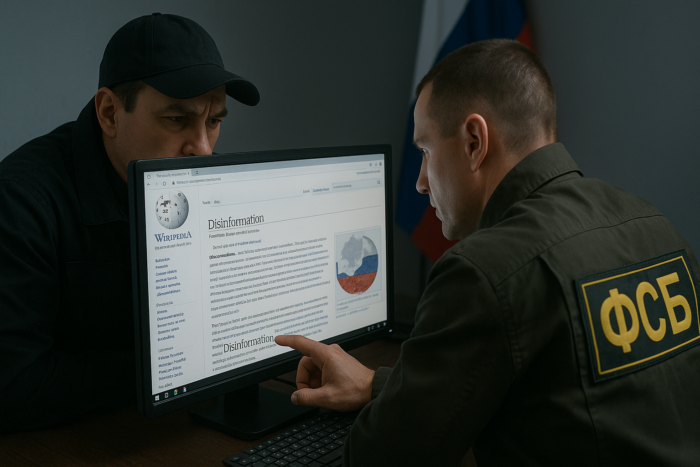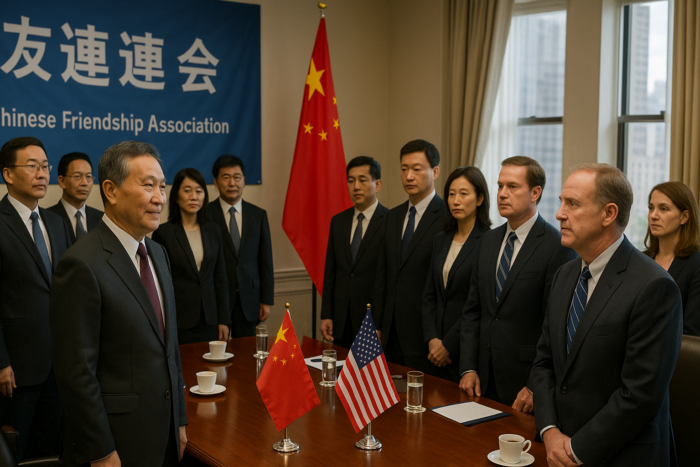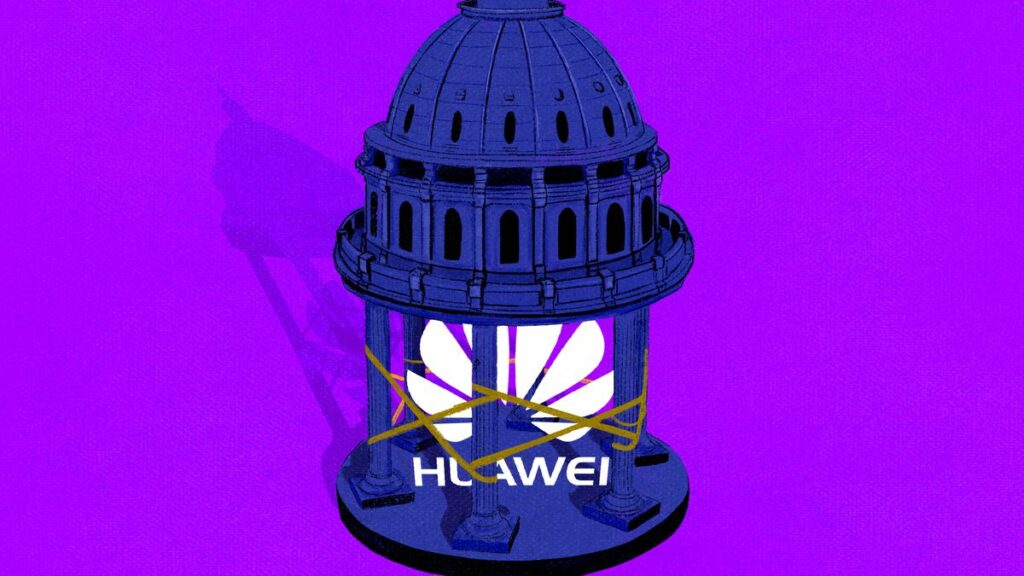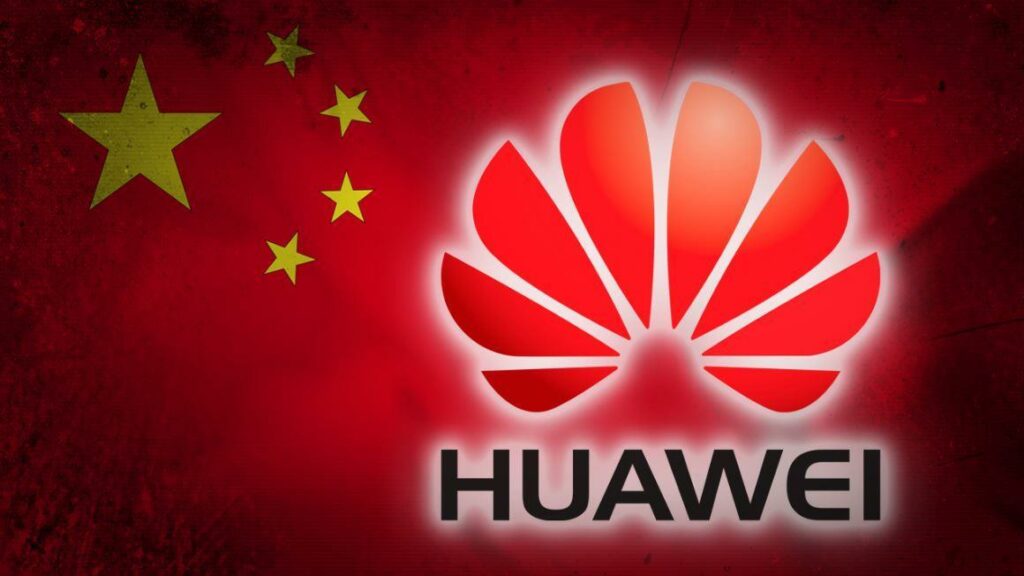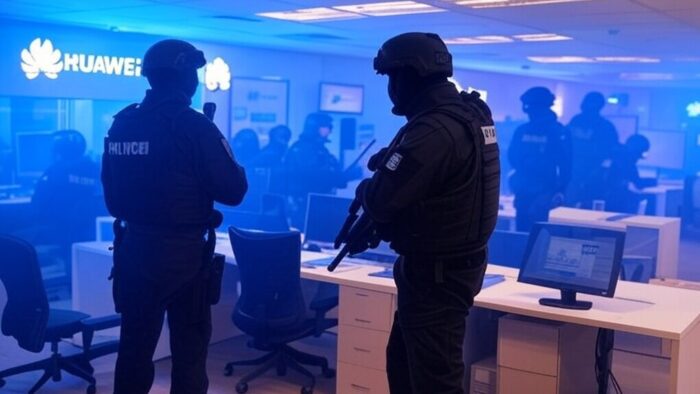On 4 April 2025, POLITICO reported that Belgian prosecutors have charged eight individuals with corruption, money laundering, and participation in a criminal organization related to Huawei’s lobbying activities in Europe. The article begins:
The Belgian prosecutor has charged eight people with active corruption, money laundering and criminal organization in an investigation into Huawei’s lobbying activities in Europe, it said in a statement on Friday. The decision comes three weeks after police raids in Belgium and Portugal, as part of a probe into suspected illegal payments by the Chinese technology giant to secure support from European lawmakers in the company’s interests. Police authorities also searched European Parliament offices in Strasbourg. Out of the eight suspects in the case, three were initially held in pre-trial detention and are now under electronic surveillance following appeals, according to the statement from the prosecutor. Two others were released “under conditions,” it said. The remaining three are still in prison — two are appealing, while the third may still do so…
Key Points:
- The charges follow police raids conducted three weeks ago in Belgium, Portugal, and the European Parliament offices in Strasbourg.
- Three suspects have been released from pre-trial detention and placed under electronic surveillance after appeals.
- Two additional suspects were released with conditions, while three others remain imprisoned with ongoing appeals.
- Huawei has responded by stating it “takes these allegations seriously” and maintains “a zero tolerance policy towards corruption.”
On 13 March 2025, GIOR reported that Belgian authorities had conducted raids targeting current and former Huawei lobbyists as part of a major corruption investigation into alleged bribery of European Parliament members. Belgian intelligence had identified Huawei’s lobbying operation as a potential conduit for Chinese state influence within EU decision-making bodies, reinforcing long-standing warnings from Western security experts about the company’s opaque ownership structure and its suspected ties to China’s military and security apparatus. These concerns gained renewed urgency after Russia’s invasion of Ukraine, when former Huawei employees reported being instructed to coordinate more closely with the Chinese mission to the EU.
Yet despite expressions of concern from the European Commission, only 12 of the 27 EU member states have implemented bans or restrictions on Chinese vendors in their 5G networks—an outcome that underscores the strategic effectiveness of China’s lobbying efforts in Brussels and beyond.
For GIOR coverage of Huawei-related influence activities, go here.
Disclaimer: The GIOR utilizes AI to generate summaries of news items, including the introduction and the key points that follow. Any text following the key points is context added by GIOR editors. Please verify all information before using. Images are also AI-generated and are for illustrative purposes only—they are meant to represent the events or individuals concerned but should not be understood as “real-world” photography.


